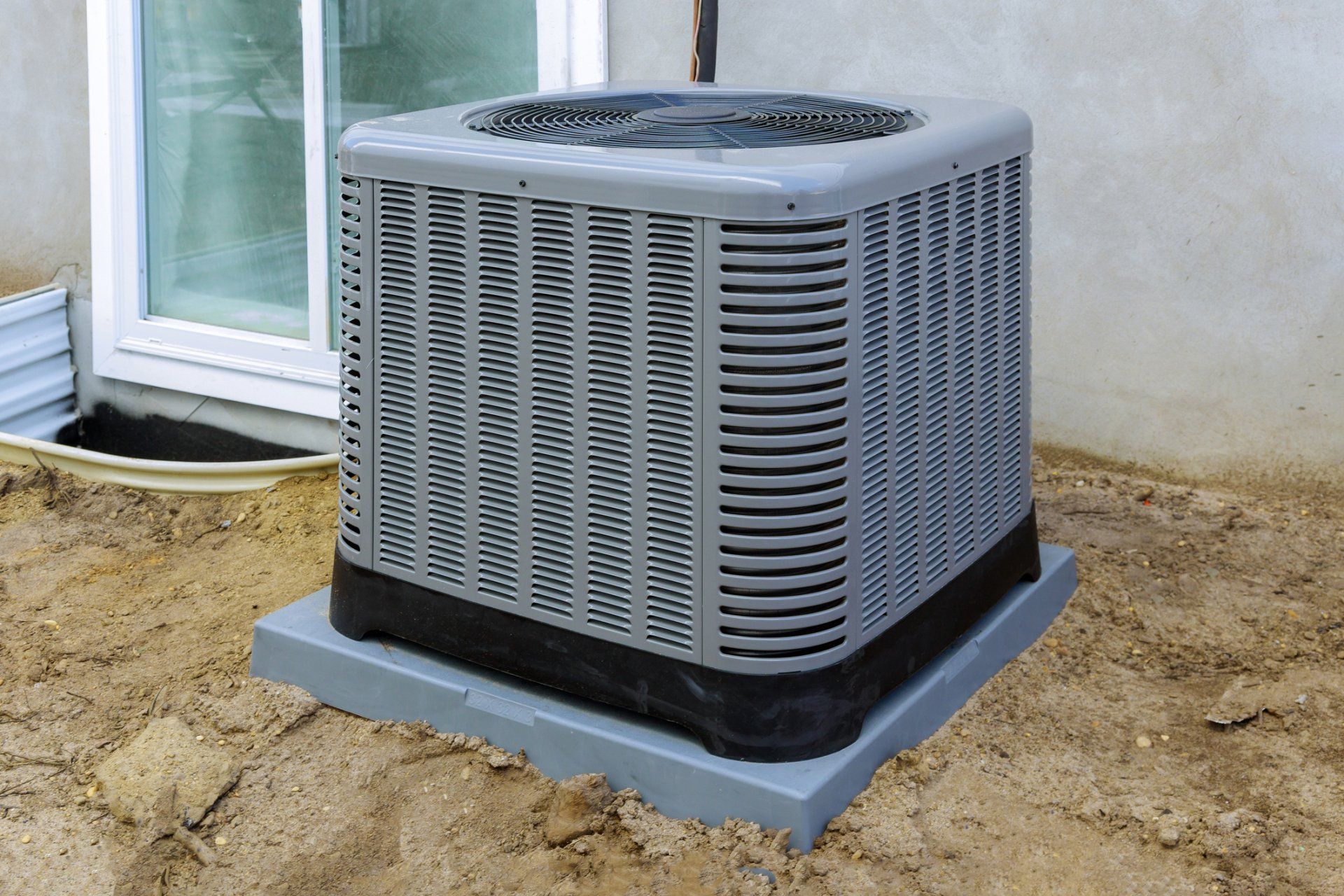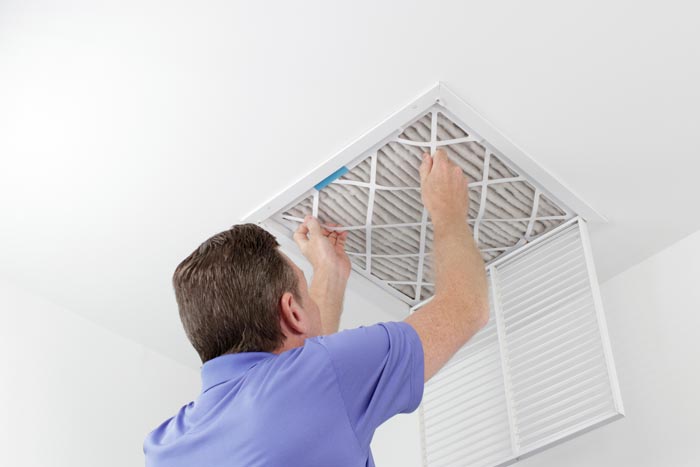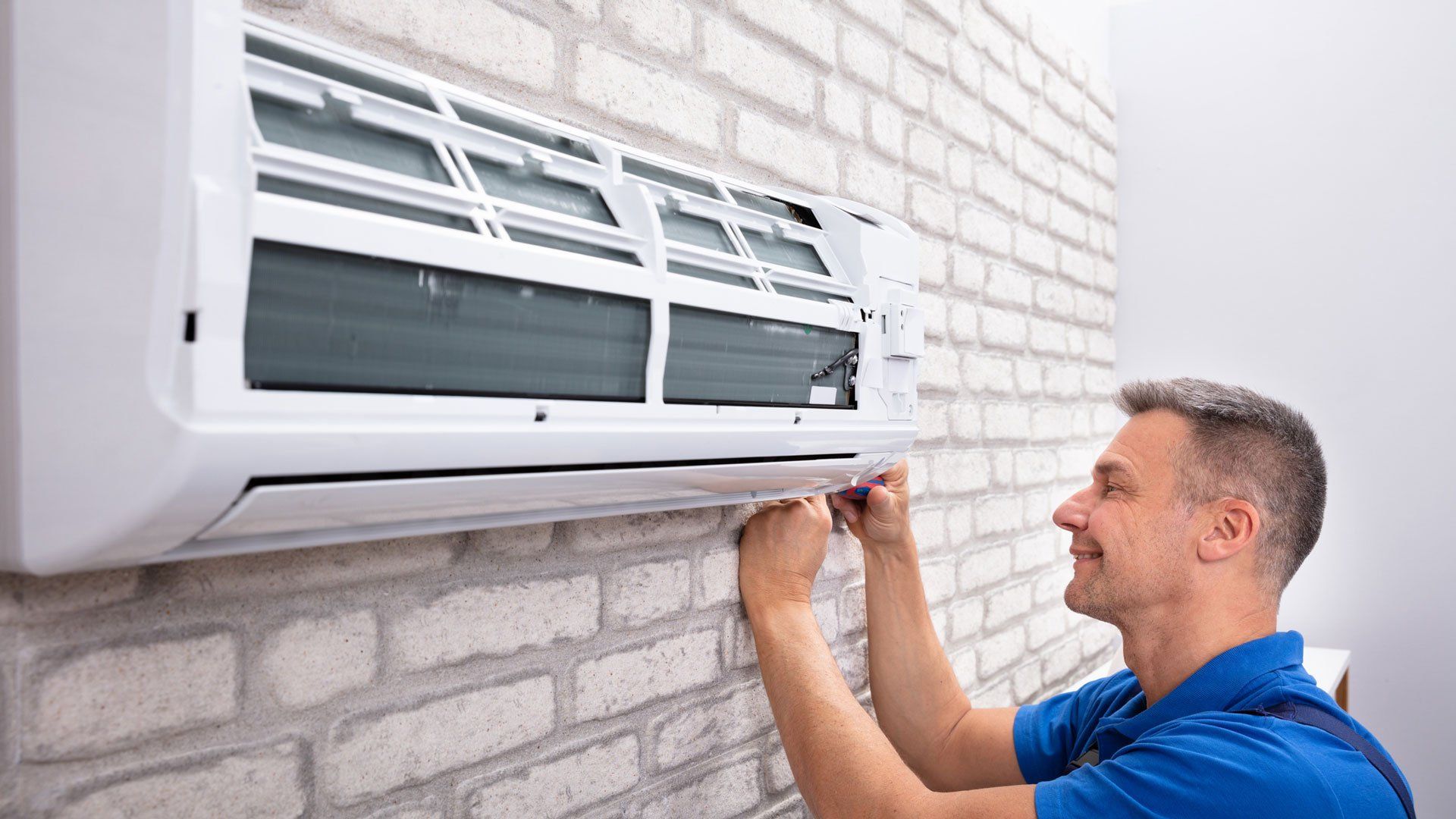4 Signs You May Need to Replace Your Air Conditioner
Many people would consider their central air conditioner to be the most important appliance in their home. However, your air conditioner is vulnerable to wear and tear and will eventually need to be replaced like any other appliance. Here are four signs you may want to replace your air conditioner.
1. Inconsistent Cooling
Your central air conditioner is meant to cool every room in your home evenly. If you notice that some rooms are staying warmer than others, there could be a number of causes. In the best case, you system may have a blockage or leak in the ductwork that a professional duct inspection could solve. However, inconsistent cooling can also point to a mechanical problem with your air conditioner.
One mechanical failure that can lead to an unevenly cooled home is a faulty blower motor. If the motor is no longer able to create the needed amount of air pressure, the first place you will notice a problem is in the rooms furthest from the blower. These rooms take the most effort for the blower to deliver air to and will lose airflow first when the system loses efficiency.
2. Excessive Noise While Running
Excessive noise while your air conditioner is running can be a sign that a moving part is failing. An HVAC technician will need to examine the unit to pinpoint the cause of the noise, but certain problems will always create similar sounds. A grinding noise can be caused by a faulty condenser motor, and buzzing is usually the result of an internal electrical issue.
While a noisy air conditioner should never be ignored, some sounds are less cause for concern. A rattling sound may simply be caused by loose screws or panels on the casing, and a squealing sound may be caused by a loose fan belt. If mechanical failure is determined to be the culprit, replacing the air conditioner will often be more cost-effective than repairing it.
3. Increasing Energy Bill
A healthy central air conditioner will maintain similar energy costs with the same usage from month to month. If you notice an unexplained increase in your energy bill over the course of a few months, it could be caused by your air conditioner losing efficiency. This is almost certainly the case if your air conditioner is exhibiting frequent performance problems.
You should observe the way your energy costs trend over time before you conclude that your air conditioner is to blame. Short-term usage changes, such as when you have guests over that use the air conditioner more often, can have a greater impact on your bill than you would expect.
4. System Nearing End of Life
No matter how well you maintain your air conditioner, it will eventually reach the end of its effective lifespan. Central air conditioners will last 10 to 15 years on average, but the loss of efficiency makes many homeowners consider replacing them around the 10 year mark. Replacing your unit within this time frame can help you avoid unexpected breakdowns.
If you are moving into a new home that already has a central air conditioner installed, you should always determine the age of the unit. You can usually find a model number for the air conditioner on a label on the outdoor condenser. Search for this model number online to find the date it was manufactured so that you have an idea of when it will need to be replaced.
Replacing your central air conditioner is an excellent opportunity to upgrade to a modern, high-efficiency unit that can greatly reduce your overall energy costs. If you are in the market for a new central air conditioner, contact us at
Parks Davis Air Conditioning & Heating so we can help you find the perfect new cooling solution for your home!






